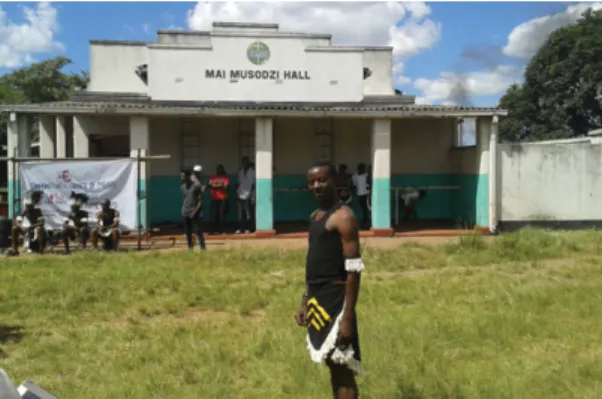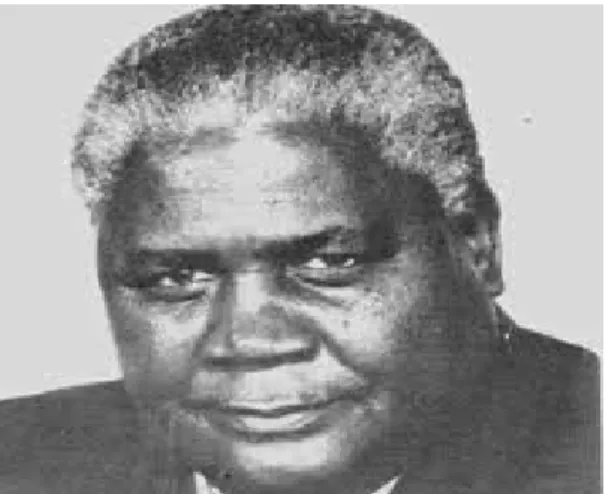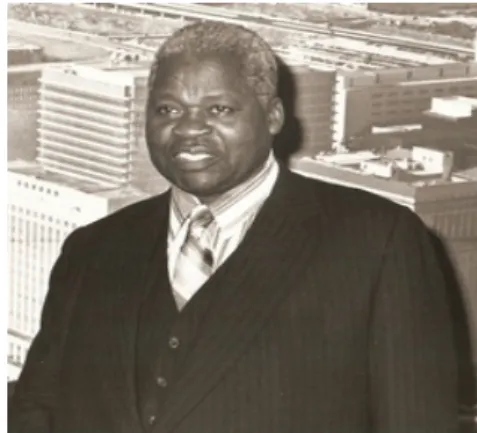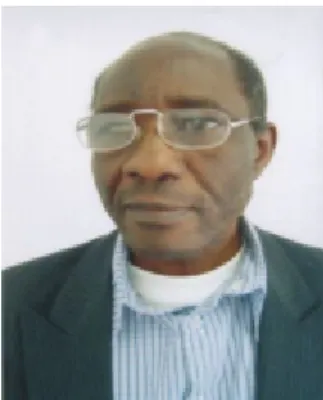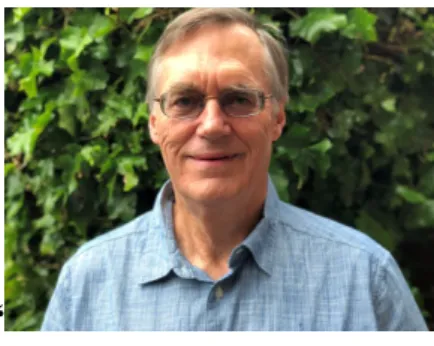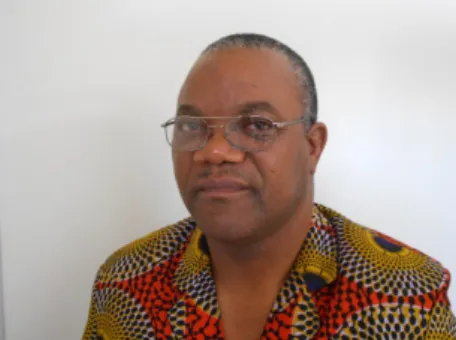He holds a bachelor's degree in social work and a master's degree in social work from the University of Zimbabwe. Chikwaiwa (Dphil) – Ph.D. Chikwaiwa is a Senior Lecturer in the Department of Social Work at the University of Zimbabwe. Muzondo Edward - Edward is a Junior Lecturer in the Department of Social Work at the University of Zimbabwe.
He holds a Bachelor of Social Work Honors and a Masters in Social Work from the University of Zimbabwe.
Preface
- traces the historical development of social work. Though it is generally agreed that social work training in Zimbabwe was introduced by
- Chapter 2 covers regulation of the social work profession. As a human service profession, social work practice ought to be guided by some laws
- Chapter 4 introduces readers to social work practice with refugees. It conceptualises the term refugee, covers international and local laws
- focuses on social research and its importance in social work. It covers basic concepts in research such as research approaches, designs
- interfaces social work indigenisation and the concept of social development. The main proposition in this chapter is that social work
Social research is one of the secondary methods of social work along with social governance. The main proposition in this chapter is that integration through social work can help with the social development agenda. Readers are introduced to disability models, disability classification, and the role of social work.
We hope this book will be an asset to undergraduate social work students in Zimbabwe.
Social workers play an integral role in child welfare in Zimbabwe and Chapter 9 presents juvenile justice. More recently, social workers have recognized the central role that religion and spirituality play in human life and in social service. Social workers have realized that the physical environment, like the social environment, is a crucial subsystem of the human ecology.
HISTORY AND DEVELOPMENT OF SOCIAL WORK IN
ZIMBABWE
Towards the end of this phase, the School of Social Work became a department of the University of Zimbabwe. Kaseke became the first non-Jesuit and the first black director of the School of Social Work. From the early 1980s he worked as a senior lecturer at the School of Social Work in Harare.
Phillip Bohwasi is qualified with a Diploma in Social Work (1987), a Bachelor's Degree in Social Work (1990) and a Masters in Political Studies (2000).
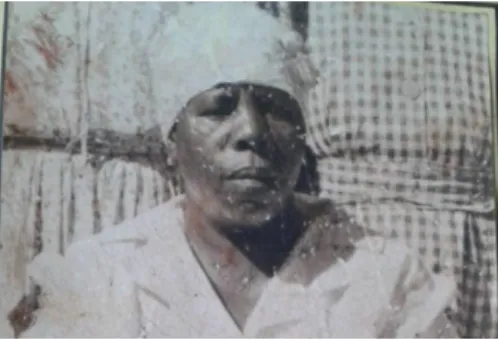
SOCIAL WORK REGULATION IN ZIMBABWE
The Council of Social Workers is one of the strategic bodies established by the Social Workers Act. In 2014, the Council of Social Workers adopted the Zimbabwe National Minimum Standards for Social Work Training. Regulation of the social work profession requires a robust sustainability strategy and financial muscle which the Council of Social Workers lacks.
The Council of Social Workers should establish regulatory enforcement mechanisms for home-grown social work.
MEDICAL SOCIAL WORK PRACTICE
In 1964, the profession was renamed medical social work and was incorporated into the public health system. In the UK, medical social workers were transferred from the National Health Service (NHS) to local authority Social Services Departments in 1974 and became generally known as hospital social workers (Curtis & Christian, 2012). According to Chitereka (2012), medical social work in Zimbabwe was introduced alongside generic social work around 1964.
Medical social work was introduced as a response to public health issues of disease prevention and control (Chitereka, 2012). Medical social work also promotes participation in multidisciplinary teams and provides knowledge and understanding of the psychosocial dimensions of medical circumstances affecting individual patients and families. Thus, medical social workers must use patients' strengths and abilities to change their life situations.
Contracting is the first thing to be done between the client and the medical social worker. During supportive treatment, the medical social worker must accept the client's painful feelings unconditionally and with understanding. According to Kerson and McCoyd (2010), medical social workers play many roles in helping patients and families in need.
Medical social workers assess the psychosocial functioning of patients and families and intervene as needed. This is largely because most medical social workers work in secondary settings, such as hospitals where the medical profession dominates.
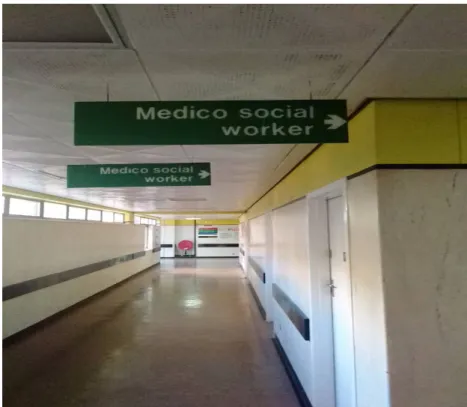
SOCIAL WORK PRACTICE WITH REFUGEES
CHALLENGES AND PROSPECTS
The introduction of the Refugee Act signaled the beginning of a formal regulation of refugee issues in Zimbabwe. Together with the other provisions, the Refugee Act gave the opportunity to appoint a special office for. Tongogara, Mazowe River Bridge, Nyamatikiti, Nyangombe and Chambuta refugee camps are some of the early results of the Refugee Act.
Undoubtedly, ensuring the welfare and protection of refugees is increasingly becoming an important task of social workers and a fiduciary responsibility of the Zimbabwean government and its allied development partners. Key among the country's refugee protection legal instruments is the 1951 United Nations Convention Relating to the Status of Refugees and its subsequent protocol, which was ratified in 1967. In addition, refugee protection services are also based on the requirements of the Immigration Act [Chapter 4 :02] which ;.
Fundamental to the process of international refugee protection are the key principles of protection, which include the right of admission for all asylum and refugee seekers, which is underlined in Article 31 of the 1951 Convention (Govere, 2017). However, Govere (2017) notes that despite the current economic quagmire in Zimbabwe and the accompanying reservations to various articles of the 1951 Convention for the Protection of Refugees, particularly the clauses dealing with employment and restrictions on free movement, the country continue to be lenient towards asylum seekers. The following section provides an in-depth discussion of the key services provided by Zimbabwe's refugee protection system.
With the growth of the profession in the refugee sector, social workers now offer a range of professional and recognized services. Burdens or benefits: A critical analysis of the refugee-host community nexus in Zimbabwe.
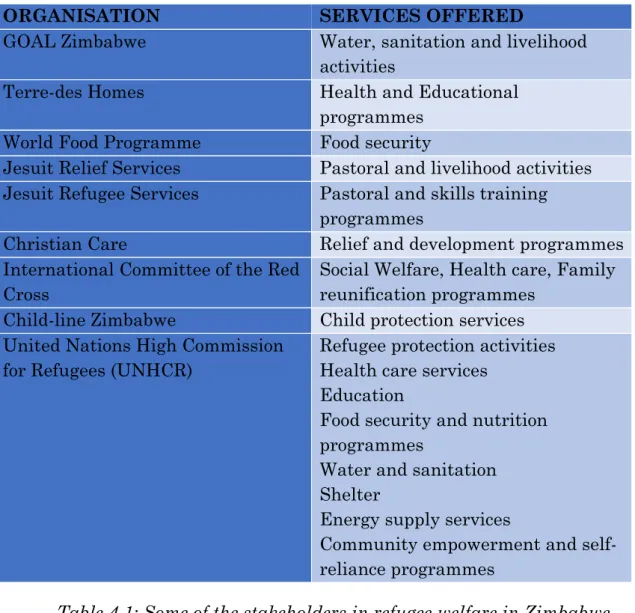
HUMAN TRAFFICKING
The demarcations offered by the Protocol are necessary to determine what human trafficking or human trafficking is, as well as the constituent aspects or. Understanding what human trafficking entails is essential to social work practice, which; due to its eclectic nature, will focus on the prevention of human trafficking, the protection as well as the rehabilitation of victims. They also make use of and refer to economic theory as well as victimology in their explanation of human trafficking.
Human trafficking is a product-driven phenomenon that thrives on the availability of trafficking victims and consumer demand. The process of conducting human trafficking is largely shaped or structured in a manner similar to a business. The system of human trafficking is characterized by chains or networks where victims are dehumanized, treated as commodities and moved from one point to another.
Dodo and Dodo (2012) emphasize that in an effort to help combat human trafficking in the country, the Zimbabwean government; in partnership with the International Organization for Migration (IOM), launched a program on "Building the National Response Capacity to Combat Human Trafficking in Zimbabwe" (BNRCCHTZ). It therefore follows that social workers, armed with their code of ethics, must be more proactive in the fight against human trafficking. Social workers should no longer be inclined to provide relief services to victims of human trafficking.
Social workers can work diligently to address the many social and human rights issues presented by human trafficking. Interrogating the nature and driving factors of human trafficking in Benin-City, Edo State Nigeria in the context of the Africa we love.
SOCIAL WORK RESEARCH
IMPLICATIONS FOR GROWTH AND DEVELOPMENT OF THE
PROFESSION
International Association of Schools of Social Work (IASSW), there has been slow growth of social work research capacities and infrastructures around the world (Gould & Taylor, 2017). The urgency for social work research was caused by the difficult presentation by Dr. This prompted the creation of a Task Force on Social Work Research (TFSWR) which; among its responsibilities, was to assess the state of research and training in social work (Teater, 2017).
The third major research methodology used in social work research is the mixed methods approach. As indicated earlier, social work research is malleable with all major research approaches (including quantitative, qualitative, and mixed methods). Padgett (2016) mentions that the research process of social work should be easy to follow and replicate.
In Zimbabwe, the boundaries of social work practice have continued to stretch beyond the profession's original focal areas. The huge difference between these goals shows that social work research in Zimbabwe has grown exponentially over the years. This is due to a large number of structural, operational and systemic factors (both positive and negative) which are working in favor of the escalation of social work research in the country.
Brain burnout remains one of the major challenges confronting and undermining the growth and development of social work research in Zimbabwe. Social work research and its relevance to practice: The gap between research and practice is still wide.
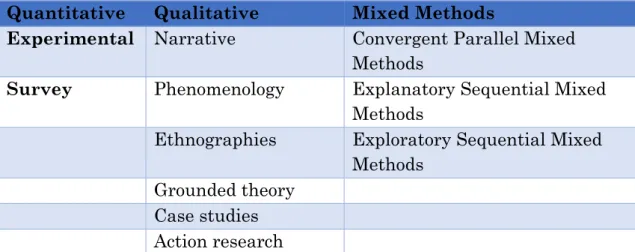
SOCIAL SECURITY
Following the above arguments, one can already choose well-known concerns about social security, such as alleviating poverty. An increasingly important and broader advocate of the goal of social security is to change behavior. There are two main forms of social security in Zimbabwe as put forward by Kaseke (2003), namely social insurance and social assistance.
According to Walker (2005), the conception of social security is informed by the prevailing wisdom about welfare regimes. Kaseke, (2003) agrees with Suruma (2000) that there are two main types of informal social security in Zimbabwe. Traditional social security systems are based on kinship and follow the principles of solidarity and reciprocity.
Thus, traditional forms of social security play an important role in building social capital through integration and solidarity. ILERA (2020) claims that for many years social insurance has been considered as a preferred form of social security and social protection. As social workers, we believe that social welfare and social security programs should be transformational and developmental.
Another way in which traditional forms of social security can improve is through hybridization of traditional schemes with modern schemes. A Contribution to a Comprehensive View of Social Security Reform in Uganda, PEC Paper, Kampala: Presidential Economic Council.
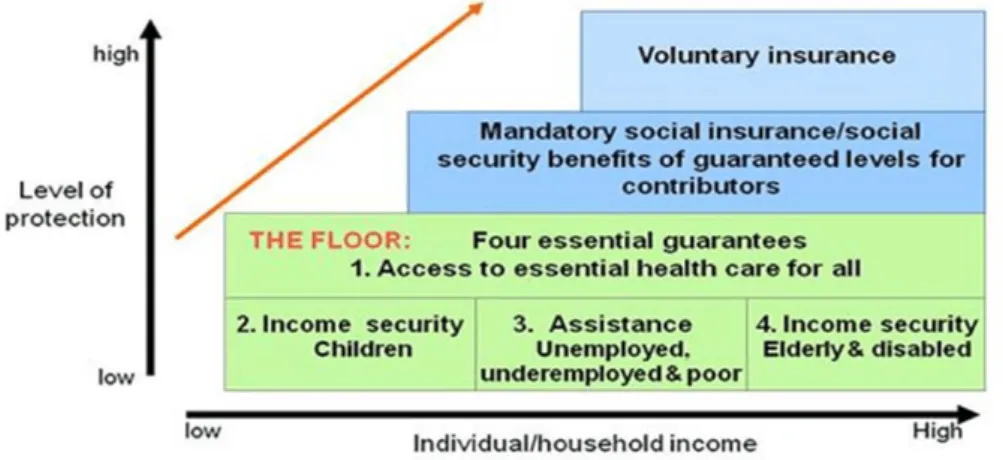
INDIGENISING SOCIAL WORK FOR SOCIAL DEVELOPMENT
IMPEDIMENTS AND MITIGATIONS
The authors believe that indigenization of social work using a developmental approach is essential to the achievement of social development in the country. At another point, the question of internationalization of social work comes into play. Midgley (2001) notes that the question of the proper role of social work in the developing countries of the Global South remains relevant.
There is a close link between the indigenization of social work in Zimbabwe and the achievement of developmental social work. Therefore, social workers in training and practice must recognize a place that exists for them to indigenize social work for the achievement of social development. Indigenization of social work in Zimbabwe is a good idea that needs due care in its implementation.
As mentioned earlier, social work practice and training in Zimbabwe is exclusively within a colonial framework. There is an inextricable link between the development of social work in Zimbabwe and the country's colonial past. Kaseke (1991) argues that the development of social work is closely related to the country's colonial history.
Among these is to strengthen the capacity of institutions that regulate the education and practice of social work. Methods of social work and its role in understanding team climate and team effectiveness for organizational development.

JUVENILE JUSTICE AND SOCIAL WORK
